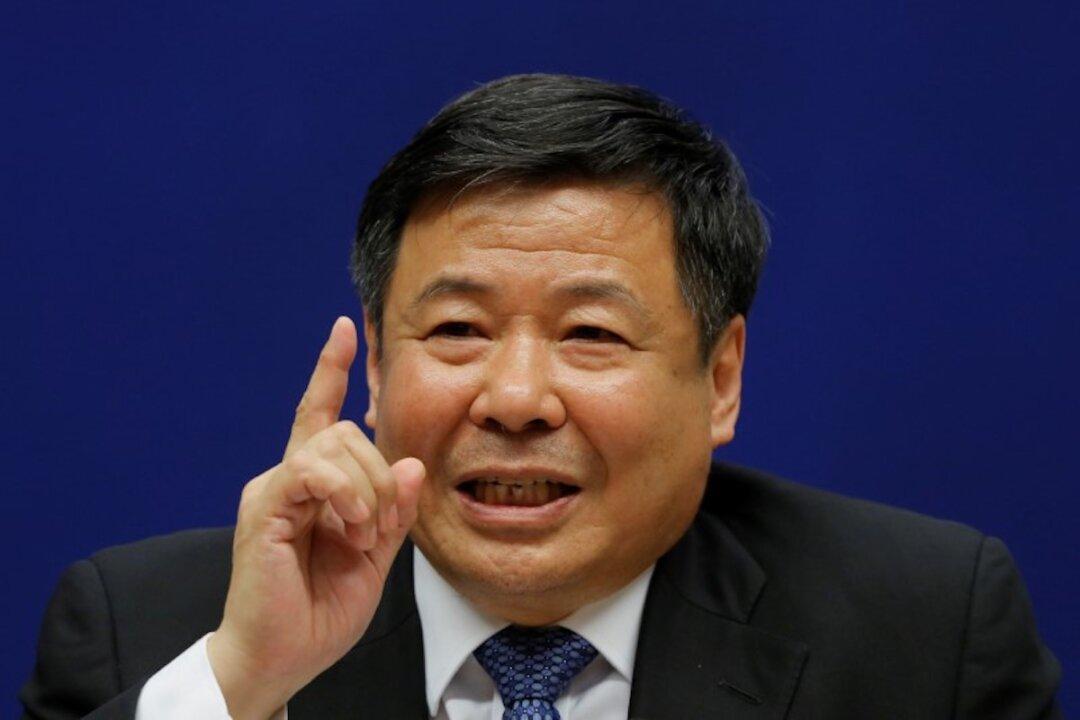SINGAPORE—Chinese officials voiced optimism that Beijing and Washington can find a way to clinch the so-called phase one trade deal next month, even as the summit where the heads of state were to meet to formally sign the deal was abruptly canceled.
China’s cabinet adviser Zhu Guangyao told Reuters on the sidelines of a forum in Singapore on China-U.S. relations that he’s still optimistic that a deal can be signed in November, if both sides maintain close communication via diplomatic channels.





